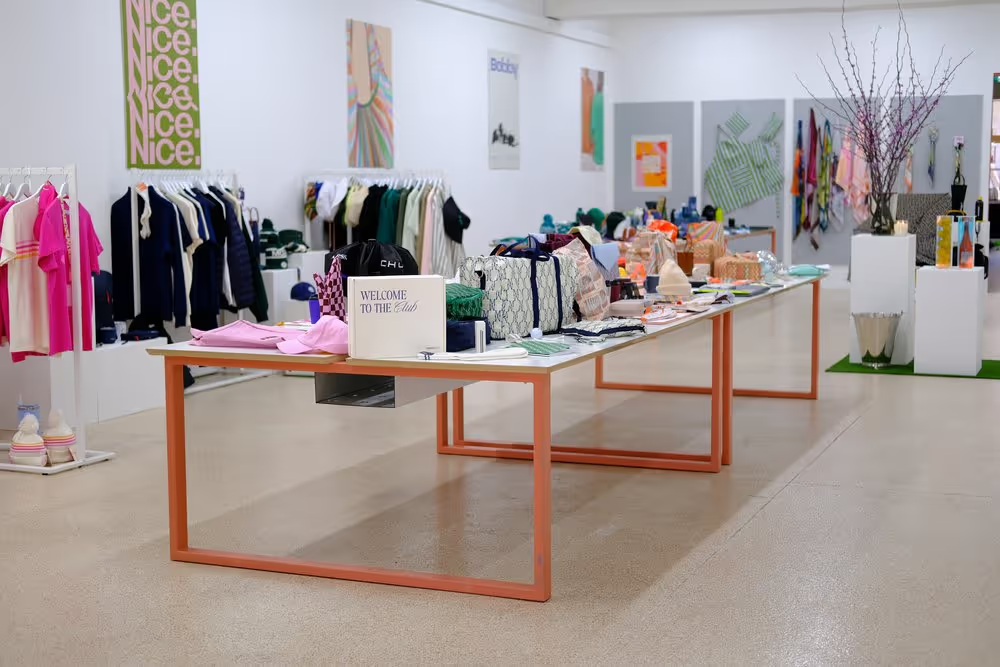Female-Founders | Pippa’s Story
.avif)
👋🏼Meet Pippa Joseph,
A trailblazing business owner who defied traditional education norms to pursue her love of fashion. After years of building her own brands from scratch, even boasting a prime store spot on Chapel St, Pippa joined her now business partner, Hannah Chipkin, to co-found the merch powerhouse that is Merchgirls. They may have started out in 2015 with little more than a dream and a single client, but together they’ve shaped Merchgirls into the multi-million dollar company that it is today.
With loyal clients such as Dan Murphys, Bankwest and Telstra, Merchgirls has become the go-to for corporate clients looking for stylish, quality promotional merchandise. In this blog, Pippa talks about her early start in the workforce, how she’s overcome the challenges of a male-dominated industry and her advice for those just starting out.
This is Pippa’s story.
What did you do before starting your Merchgirls?
I left school in Year Eight to do a fashion apprenticeship. I was even learning pattern-making at night school, at just 15 years old. From there I went on to work for a company called Wild Card––a big supplier of kidswear for Coles, Myer, Target and Kmart. My time there led to me studying fashion business at night school, until I eventually started my own fashion label and was able to open a few shops.
At the same time, I started a factory in Bali and would manufacture for other Australian brands––including my own––and that's when I met Hannah. I was producing the clothing for her brand, Chip Chop!, and it was about five years after working together that we started Merchgirls. I've still got the factory, so it's still an active business. I’ve run it on the side for about 15 years, and we’ve even just built a new factory.

What inspired you to start Merchgirls?
I think Merchgirls was founded because of culture––because Hannah and I just really enjoyed working together. And then an opportunity arose with the Australian Ballet, which we took on just to keep working together for a bit longer. Hannah and I are really motivated, and just obsessed with the end goal of making merch better. I think that’s what makes Merchgirls tick.
What were some of the challenges you faced when starting your business?
Some of the challenges were how to work out our costings and formulas, working with the exchange rate overseas and just a lot of the finer details to make sure everything ran smoothly. I've got a little motto, whenever we don't know how to do anything, we pimp it out to the world. Go talk with everyone––I was talking to everyone around me about costings when we were trying to figure that out for ourselves. I think you don’t realise how much knowledge the people in your life do have until you ask. It was so helpful.
One of our first corporate clients was Seek, which came through an old school friend of mine who’d passed on our details. We were super excited about that order, and that’s when we realised that corporate promotional merch was what we wanted to do. We just had to find ways to keep bringing in the big corporate clients.
What strategies have you found most effective in growing Merchgirls?
Definitely knowing where you want to go. Get a clear picture of where you’re going, and that’s across design, culture, finance––all of it. Then you can work backwards and figure out how to get there. I wouldn’t even call it a vision, it’s just this belief that isn’t up for discussion.

What are some of the challenges or threats to the promotional merchandise industry?
I think a possible recession is a big one. We try to recession-proof our business by getting large clients in telecommunications, banking, alcohol and makeup who will likely spend more during a recession. At least, that’s what we saw over Covid. Smaller companies will cut back on marketing spending during a recession, which is just, unfortunately, part of doing business.
I think the biggest risk for Merchgirls is being too top-heavy in our manufacturing in China. We’re spending a lot of time trying to broaden our supply chain but it’s harder than you think. Recently, we brought out this Australian-made, recycled, beautiful paper and then the unions took the paper mill to court for accidentally chopping down a tree they weren’t meant to. Which yes, is very naughty, but don’t close the mill down when it has businesses depending on it––work with them, teach them and educate them more, don’t shut it down.
Ideally, there are so many products we’d love to make here, but it’s not feasible right now. We’re looking at Vietnam and Indonesia as potential options, so we’ll see.
How have you built and maintained a strong team around you?
I really believe that me and Hannah’s roles are to lead and support. That could look like boosting someone up with the confidence to launch a new idea or suggesting a direction for someone who doesn’t know where to start. I think the modern way of management is that you work for your employees. That’s asking things like, do you have everything you need to do your job? How can we make you the best version of yourself? How can we support you?
I think for a manager or director, your job is your employees. They’ve got the tools they need to do their job, and you’re there to make sure they’re set up for success. That’s it.
In the hiring process, we’re looking for someone whose values align with ours, which is really three simple ones––female, sustainability and design. And by female, I’m talking about an attitude towards female empowerment and taking on a man’s world. It has to be someone capable of dreaming up ideas and going for it. Someone who doesn’t use ‘can’t’.
Can you describe the working relationship between you and Hannah?
Well, we weren’t friends to start with. We were just colleagues that really enjoyed working with each other. Obviously, that’s evolved over the years and now there’s a huge friendship, but work still comes first. I think me and Hannah have a special relationship––we trust each other, we’re always honest and we rely on each other. It’s like a marriage. We don’t have to agree all the time, but we’ve got a similar vision and the same values. We definitely have different ways of doing things which makes things interesting, but we’re very similar in our work ethic.

How do you balance work and personal life?
I’ve always just thought of it as one life. You’ve got work, you’ve got a family life, you enjoy it all. My biggest thing was actually introducing family into my work. I think it’s important to bring my kids in and let them be around while I’m working––it’s one of the biggest educations you can give them. I don’t believe that work and family should be separate. I probably do need to make more time for myself, but I think when you’re a mother of three children… you can have that in retirement.
I've got lots of friends that have had families and don't work, and they burn out. You know, the majority of mums I know that don't work have other demons that they're battling with because they've got too much time to think. So, I don't think there's any right or wrong. You can burn out mentally because you've got too much time on your hands. It's just about knowing the signs and slowing down when you feel your body telling you to stop.
What are your favourite/least favourite parts of being a business owner?
I think my favourite part is just making exciting things happen. It’s so much fun. But then the flip side is my least favourite part––I miss out on holidays. The last holiday that I didn’t work over was three years ago.
How have you leveraged your personal strengths to help Merchgirls succeed?
My biggest strength is just making things happen. I can put my foot on the accelerator and see the big picture. In terms of me and Hannah, I think I’m ‘progress’ and she’s ‘perfection’. We balance each other out like that. She’s the one who dots the i’s and crosses the t’s and I’m always looking three steps ahead. I think that’s definitely pushed Merchgirls ahead because I’m always looking for ways to progress our vision.

Is there another company or business owner you really admire?
Just from a business sense, definitely Mecca, Keep It Cleaner, these sorts of businesses. I just appreciate the way they've put their processes in place and sort of taken over the market. I find them really inspiring and they're both female-run businesses!
What have been some of the biggest lessons you've learned as a female business owner?
Without your clients, you don't have a business. Customer service is so important, especially listening to what your customers need or require, not just thinking about what you want to do.
In terms of the female aspect, I think it’s a big driver for me to succeed. You know, I left school early and we live in a semi-men’s world, so there’s almost this duty to make sure we succeed. I want to show people that women can do it and they have for years. Still, the majority of businesses in our industry are owned by men and I want to really shake that up. I think that's really important with all the women we hire, to show that we can shake that up.
What advice would you give to other women looking to start their own business?
Just do it. If you have the passion, go for it. It does depend on the passion though, because I’ve seen girlfriends start their own business and I've just known, it's not going to work. It's a mindset thing. But if you’ve got the mindset, don't give up and just keep going.
I always ask my kids, what’s the difference between a successful person and an unsuccessful person? The successful person tried that one extra time. So it's really just about having grit, not giving up and being consistent. If you’re consistent with your good work and you don't give up, you're going to be successful.


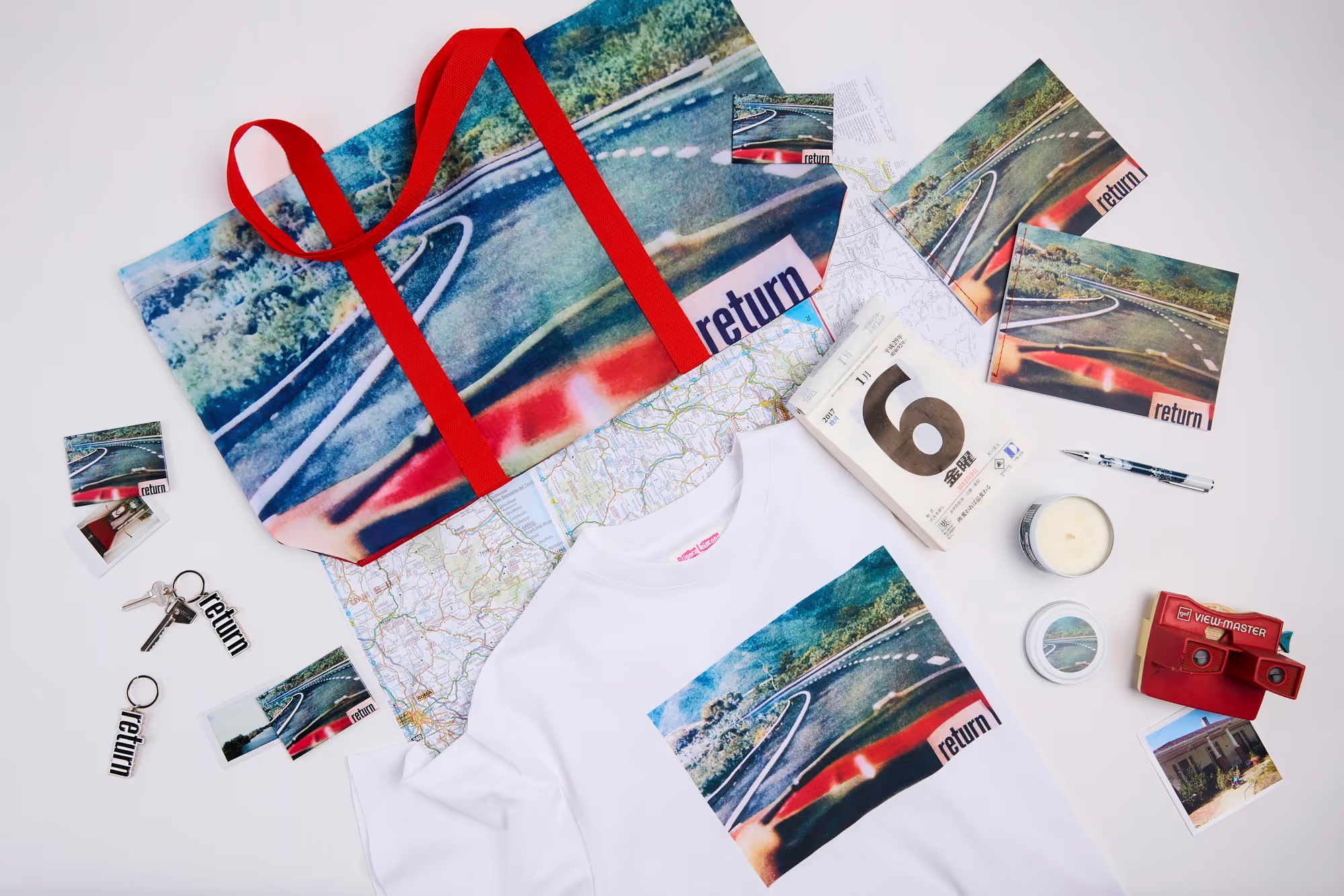
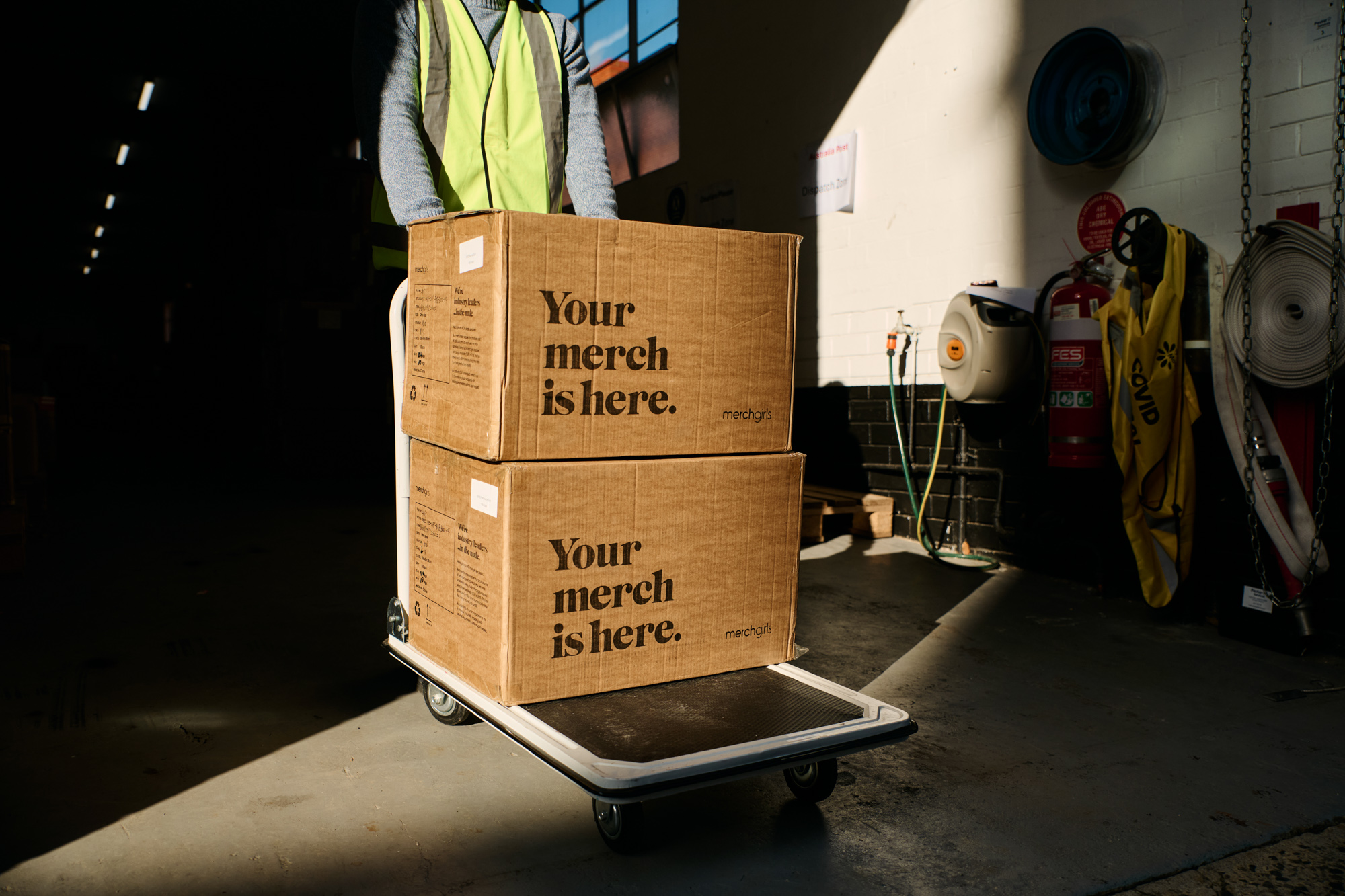

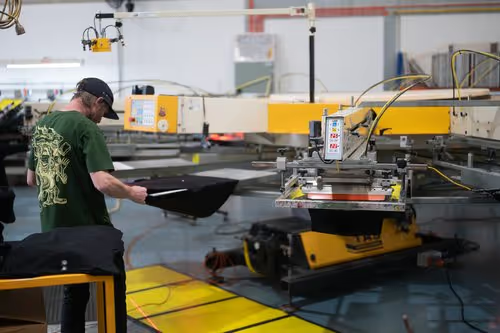
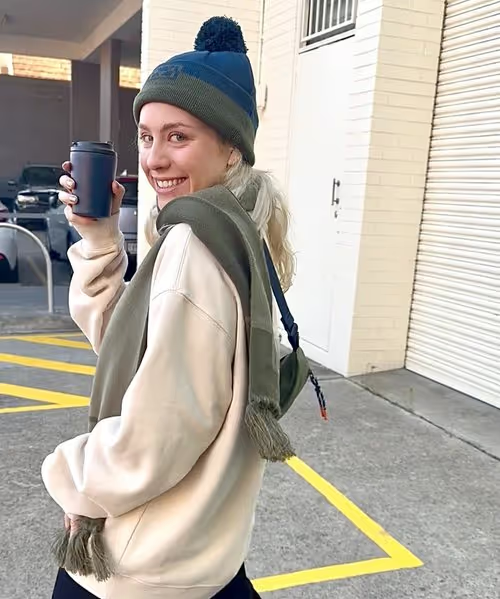
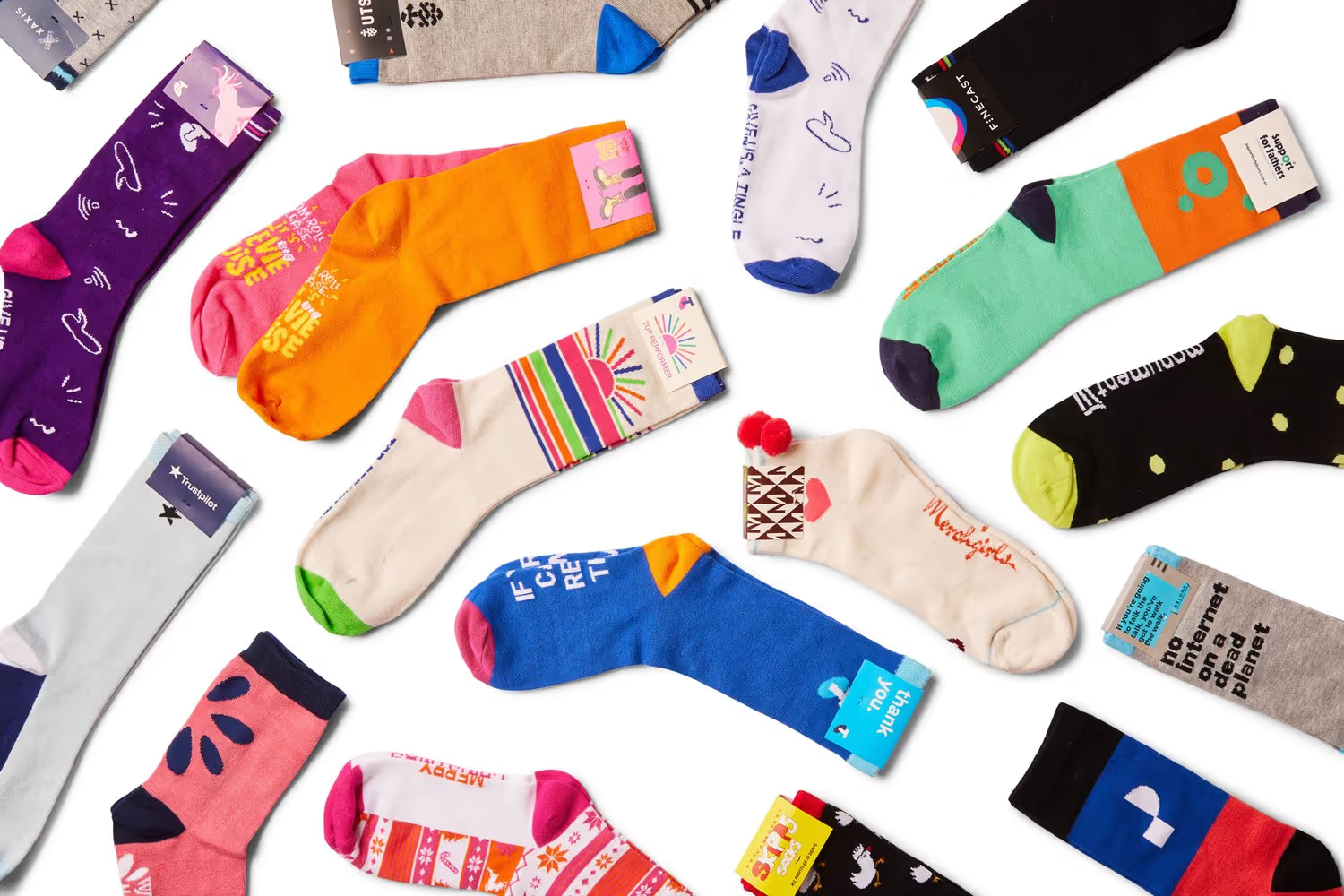

.jpg)
